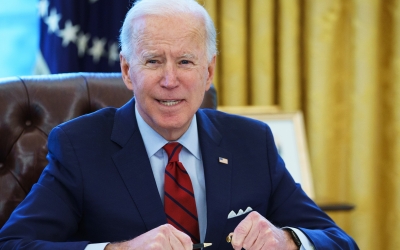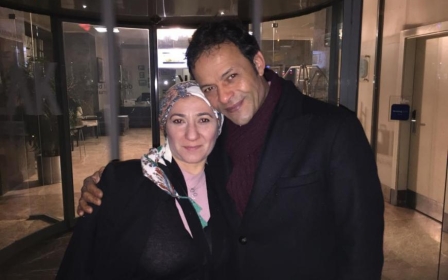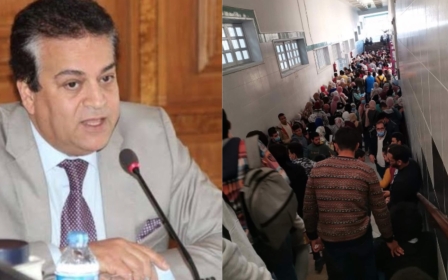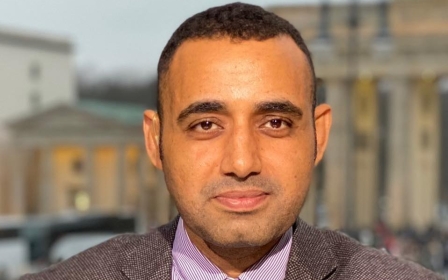Egypt arrests relatives of US-based rights advocate Mohamed Soltan
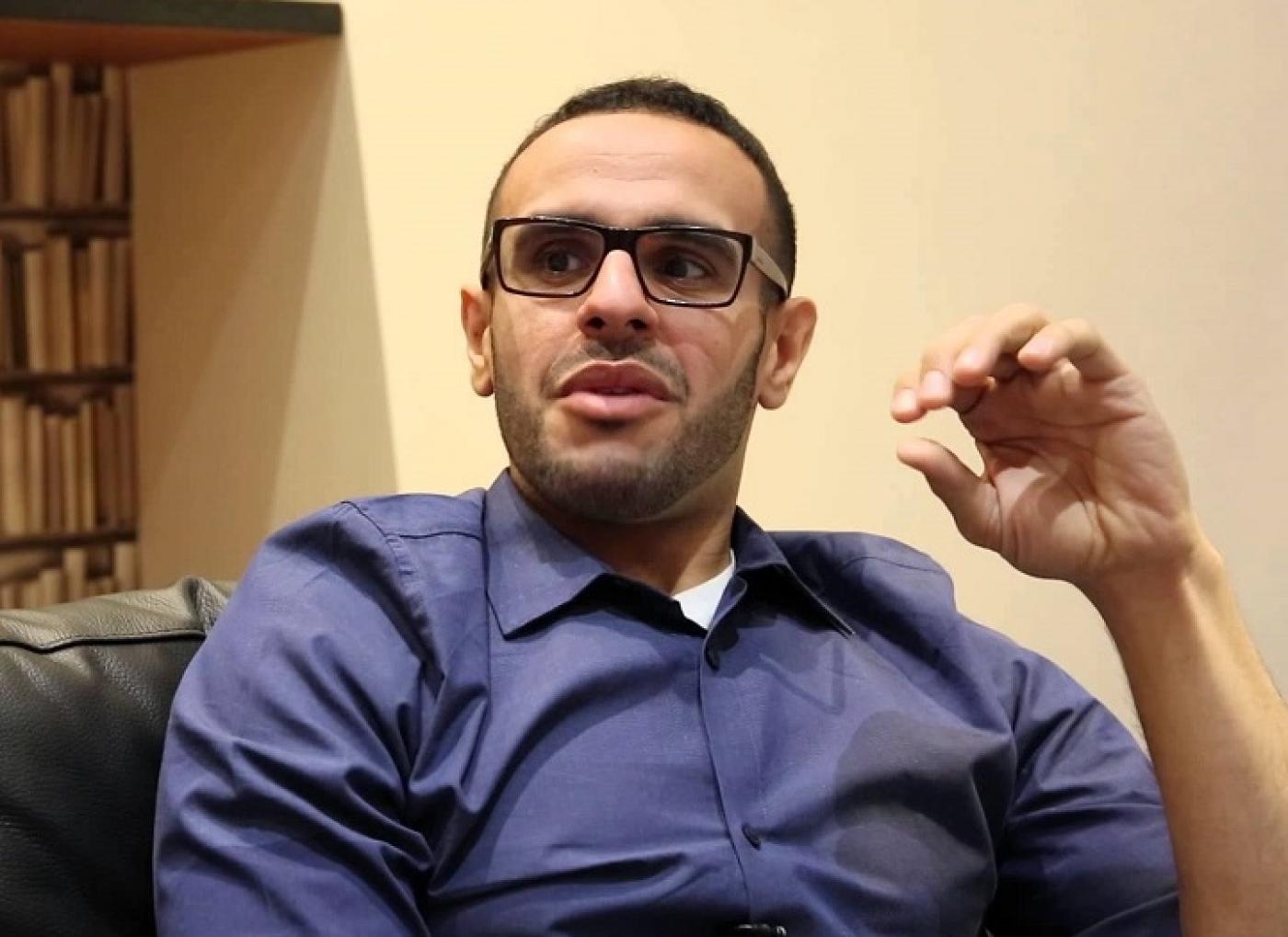
Egyptian security forces arrested several members of Egyptian-American activist Mohamed Soltan's family in apparent retaliation for his advocacy in the US, a rights group he helped found reported.
Plain-clothes officers raided the homes of six of Soltan's relatives on Sunday, including two cousins who are not involved in politics, and detained them in a "campaign of retaliatory aggression" against his US-based activism, the Freedom Initiative said on Tuesday.
Soltan, who was jailed for nearly two years in Egypt before being released in 2015, filed a lawsuit against former Egyptian Prime Minister Hazem el-Beblawi in a US court over his alleged role in torturing him when he was a political prisoner.
The lawsuit also named Egyptian President Abdel Fattah el-Sisi and Egypt's intelligence chief Abbas Kamel as "unsued defendants", along with three other ministers in Sisi's government.
Last year, security forces arrested several of his family members shortly after the lawsuit was filed. Five of them were released in November after the US election.
Sunday's arrests come weeks after Democratic members of Congress formed the Egypt Human Rights Caucus to challenge abuses by the Egyptian government.
"Mohamed Soltan is calling attention to the impunity and disregard for human rights under the current Egyptian regime. Now the Egyptian regime is arresting his relatives to try to intimidate him into silence," Soltan's lawyer Eric Lewis said in a statement.
"Such tactics have no place in the international community. Egypt cannot seek the benefits of membership in that community while denigrating human rights and behaving with impunity and lawlessness."
During the campaign trail, President Joe Biden issued a stern warning to Sisi, saying that if he were to be elected president, there would be "no more blank checks for Trump's 'favourite dictator'."
'Start with diplomacy'
Egypt, which receives $1.3bn in US assistance annually, is one of the largest recipients of American military aid.
According to rights groups, since Sisi came to power in 2013 following a coup that toppled President Mohamed Morsi, the Egyptian government has jailed more than 60,000 dissidents.
Sisi has consistently denied that there are political prisoners in Egypt, framing the crackdown as part of a fight against terrorism.
Biden, who took office last month, had vowed to reorient US foreign policy to promote human rights and freedoms.
"We must start with diplomacy rooted in America's most cherished democratic values: defending freedom, championing opportunity, upholding universal rights, respecting the rule of law, and treating every person with dignity," he said in a speech earlier this month.
The US president and his top aides have specifically criticised Egypt's human rights record previously.
"It does a lot to undermine our moral standing globally and our ability to lead when Donald Trump calls Egyptian President el-Sisi, as he put it, 'my favourite dictator'," Secretary of State Antony Blinken, who was a campaign aide at the time, told Arab-American activists in 2020.
On Tuesday, US State Department spokesperson Ned Price said the US administration is "aware" of and "looking into" reports about the targeting of Soltan's relatives in Egypt.
"We have and we continue to engage the Egyptian government on human rights concerns, and we take seriously all allegations of arbitrary arrest or detention as we said in other contexts," Price said during a media briefing.
"We will bring our values with us into every relationship that we have across the globe - that includes with our close security partners, that includes with Egypt."
Middle East Eye delivers independent and unrivalled coverage and analysis of the Middle East, North Africa and beyond. To learn more about republishing this content and the associated fees, please fill out this form. More about MEE can be found here.


